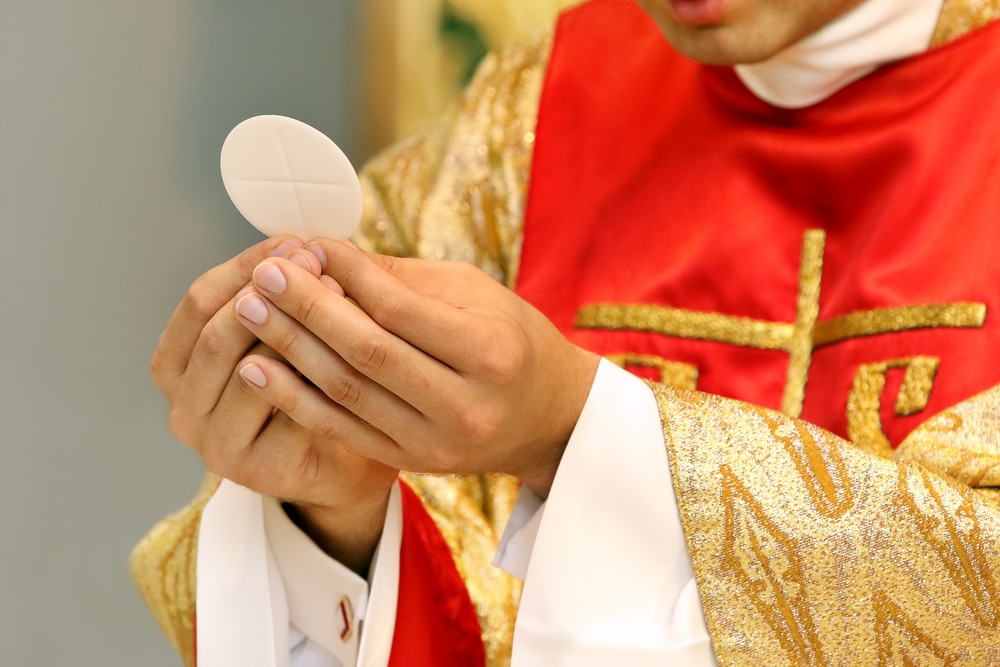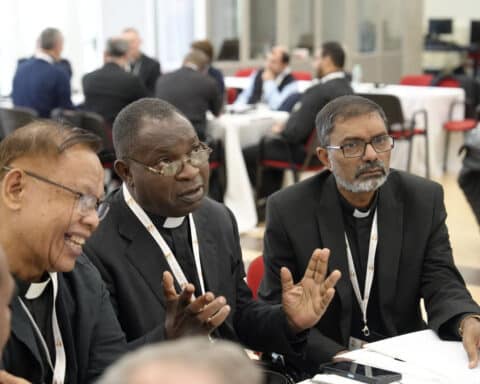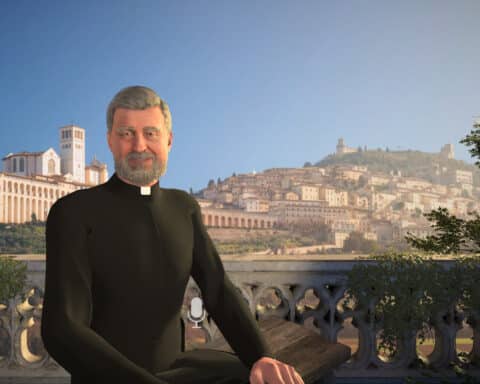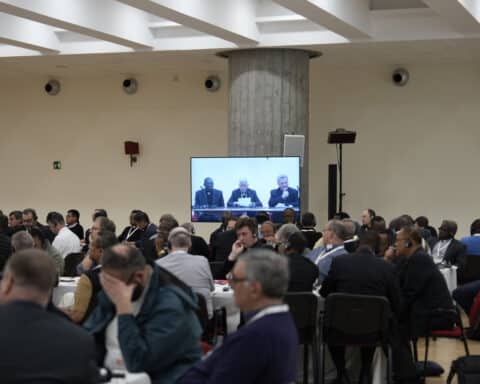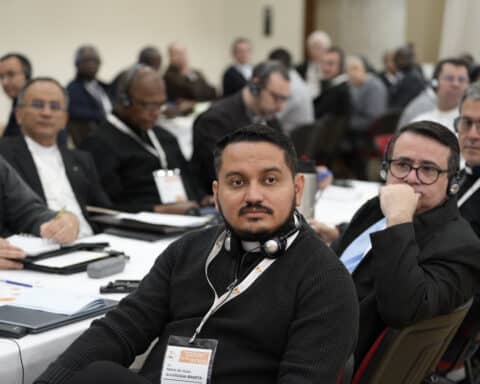
— Fernando Laguarda, Washington, D.C.
Answer: The Donatists were a schismatic group that existed from the fourth to the sixth centuries, primarily in North Africa, but not exclusively. They were rigorists who sought to severely limit mercy to serious sinners, especially those who had lapsed during the persecution and denied the Faith to escape punishment or death. Among their views was that bishops and priests in serious sin could not validly celebrate the sacraments. Though contested by St. Augustine and formally condemned by Pope Miltiades, they persisted for nearly 400 years.
While your question implies a double-standard for clergy and laity in the matter of worthiness, the teaching against Donatism exists primarily for the sake of the lay faithful. If only those priests and bishops proven to be in a state of grace can validly celebrate the sacraments, the lay faithful are left in doubt about all the sacraments they receive. What assurance can they ultimately have in the sacraments if their valid celebration and efficacy depends on the holiness of the clergy? As we have sadly seen a lot lately, too many of the clergy are not always living holy lives. And, even if they are generally faithful, some struggle with habitual sins that may be mortal, and they are not always able to confess before the early morning or weekend schedule of Masses that they are expected to say. Hence, to avoid doubt and sudden scheduling difficulties, the teaching against Donatism is helpful for the faithful.
Theologically, Donatism is also erroneous since it places the ultimate power of the sacraments in the clergy rather than the Lord Jesus. Jesus works through his ordained priests to bring us the sacraments, but he is ultimately the true celebrant of every liturgy and sacrament. With this proper faith, the lay faithful can be assured that when a sacrament is properly celebrated, its graces are certainly conferred to them even if the priest or bishop is not in a state of grace.
It is certainly wrong for a priest who knows himself to be in a state of mortal sin to unnecessarily delay getting to confession. Canon 916 states that a priest “who is conscious of grave sin is not to celebrate Mass or receive the Body of the Lord without previous sacramental confession unless there is a grave reason and there is no opportunity to confess.” Among the grave reasons is the need of the faithful to receive the Sacraments at the appointed times and not be unnecessarily deprived of them.
Priests must have this permission, given their duty to celebrate for the faithful regularly, promptly and without numerous cancellations; this is for the common good. The faithful, however, do not have a grave duty rooted in the common good to receive holy Communion every Sunday or every day. So, for them, confession is required before receiving holy Communion when there is consciousness of grave sin. They should not delay to confess and thus deprive themselves of regular holy Communion, which is so essential for us.
It is a laudable practice that priests should confess once a week and seek always to celebrate the sacraments in a state of grace. If it is necessary for the priest to celebrate before he can confess, he should make an act of perfect contrition. The act of perfect contrition presupposes that one intends to confess as soon as is reasonably possible. Surely every priest should also confess regularly enough to be habitually in a state of grace and not abuse the leeway the Church offers, which is for the benefit of the faithful, not so much for him who remains obliged to confess serious sins.
Canonical fingers
Question: What are “canonical fingers”? I have heard this term but do not know what it means.
— Name, location withheld
Answer: Canonical fingers are the thumbs and index fingers of the priest. With these he holds the host in Mass to consecrate it. In the Traditional Mass, he keeps these fingers joined until after Communion, when he purifies his fingers.
Msgr. Charles Pope is the pastor of Holy Comforter-St. Cyprian in Washington, D.C., and writes for the Archdiocese of Washington, D.C. at blog.adw.org. Send questions to msgrpope@osv.com.

